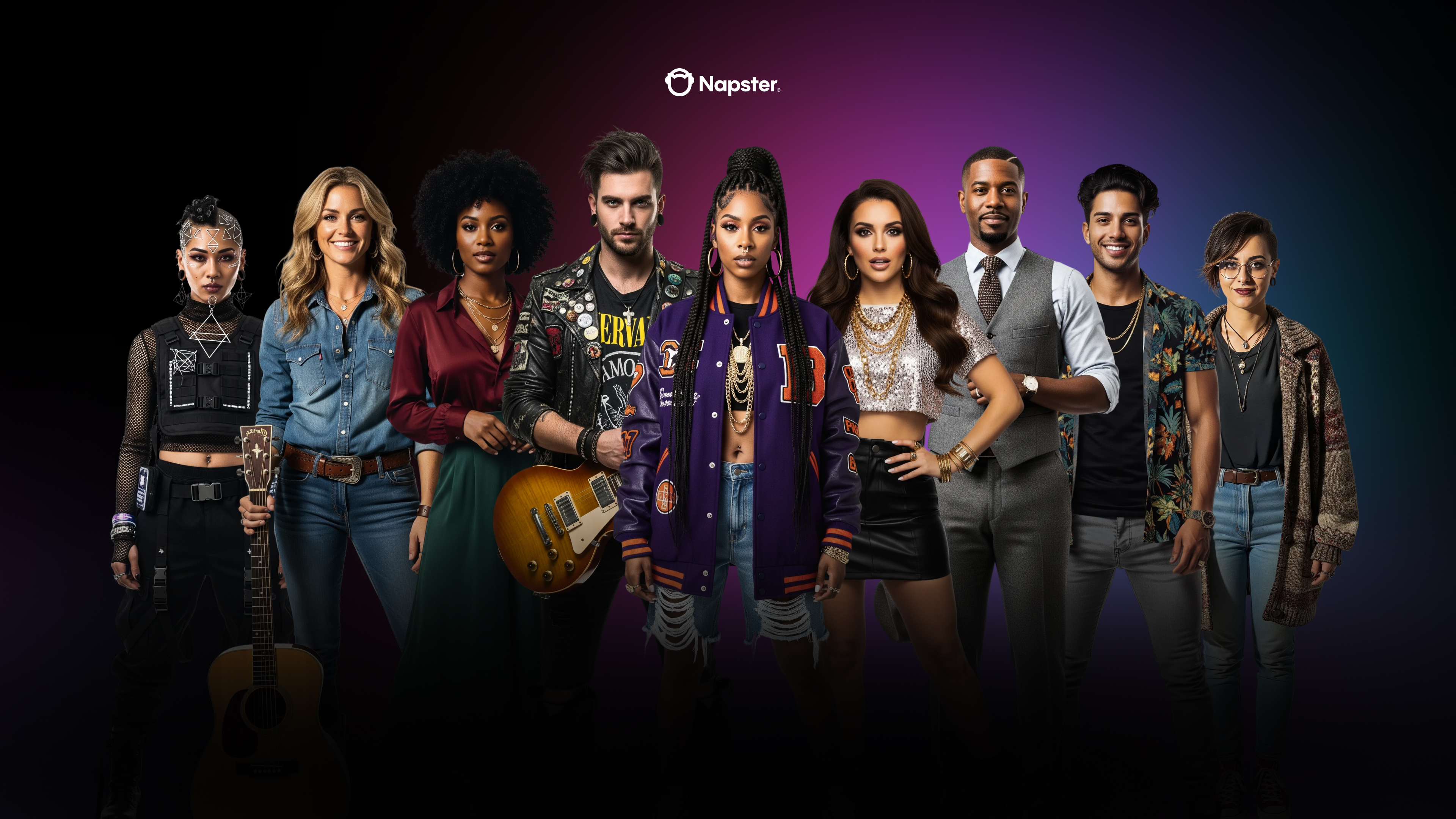iPhone 13 over iPhone 14? Here's why Apple's older phone is the better buy
As solid as the iPhone 14 is, there's a case to be made for Apple's older model
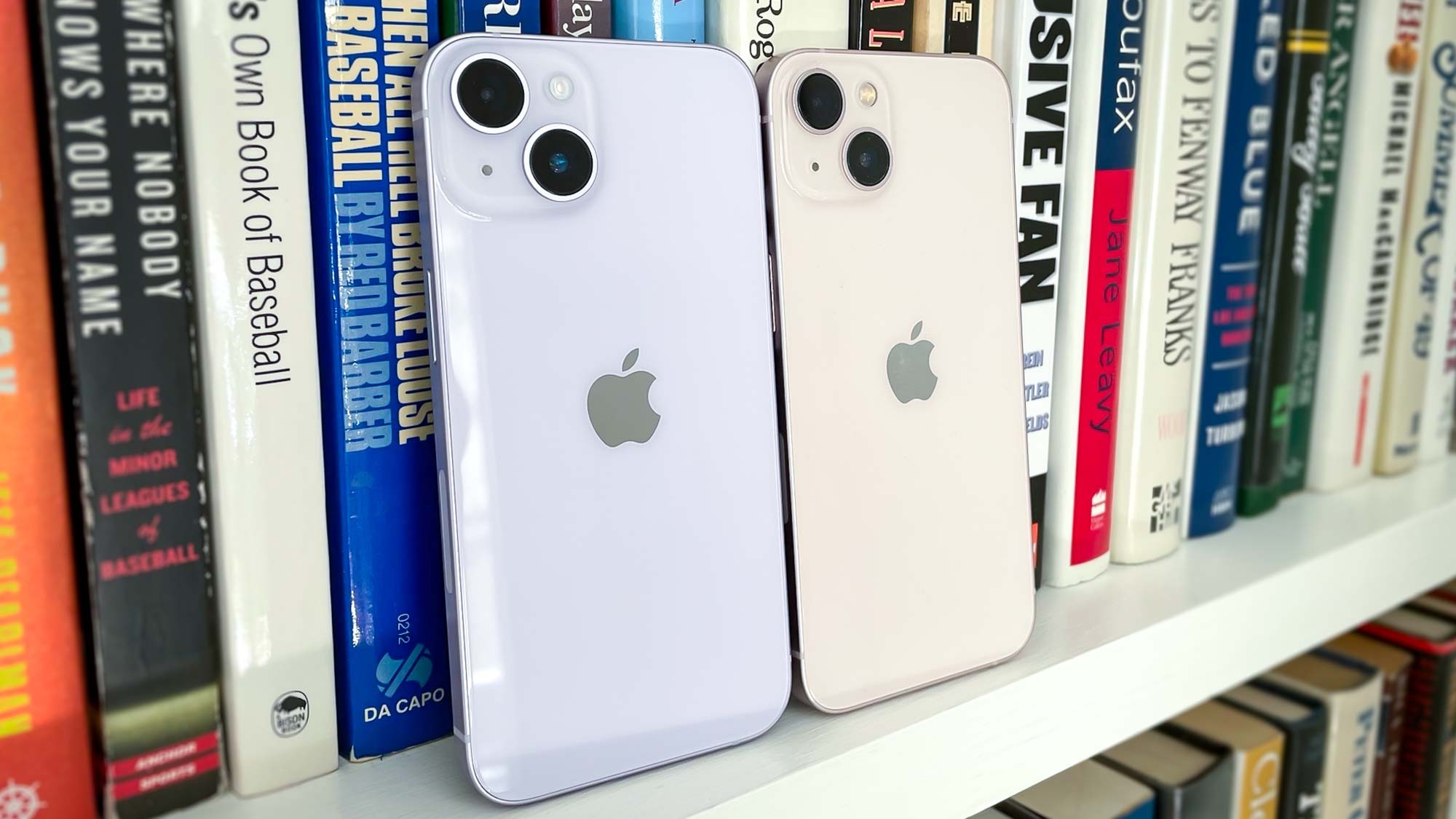
The iPhone 14 is a very good phone with improved cameras and outstanding performance, and at $799, it's one of the better values in Apple's lineup. The iPhone 14 also offers only modest improvements over the iPhone 13 — and it's not really a leap forward from the iPhone 12 while we're at it. Both of the previous statements can be true at the same time.
And that's got me wondering which iPhone I would get if I were in the market for a new device and wanted one of the best iPhones I could afford. This mental exercise excludes the $999 iPhone 14 Pro and $1,099 iPhone 14 Pro Max, which both deliver substantial upgrades and are easy-to-recommend purchases if you can swing that kind of money.
As solid as the iPhone 14 is, in contrast, it's not quite the slam dunk as Apple's two Pro models are. (Check out our iPhone 14 vs. iPhone 14 Pro comparison for more details on why.)
Complicating the upgrade question for the iPhone 14 is that Apple has kept three other cheaper models in its phone lineup — the iPhone 13, which now costs $699, and the iPhone 13 mini and iPhone 12, both of which go for $599.
Yes, those phones are older — the iPhone 13 models came out last year, while the iPhone 12 is blowing out the candles to celebrate its second birthday next month. But as I said at the outset, the iPhone 14 isn't that big of a leap forward from either model to dismiss the discounted predecessors out of hand.
In fact, you could even make the case that buying an iPhone 13 from Apple is the smarter play than the iPhone 14. And while it's harder to justify an iPhone 12 purchase in lieu of an iPhone 14, there's an argument in favor of that older model, too. Here's what we mean.
Performance isn't that big a drop-off
Apple's decision to limit the new A16 Bionic chipset to the iPhone 14 Pro models sets those devices apart from the rest of the iPhone lineup. But it also means the difference between iPhone 14 and iPhone 13 performance isn't as huge as you normally see between phone generations.
Get instant access to breaking news, the hottest reviews, great deals and helpful tips.
| Phone | Processor | Geekbench, single-core | Geekbench, multicore |
| iPhone 14 | A15 Bionic | 1727 | 4553 |
| iPhone 13 | A15 Bionic | 1684 | 4192 |
| iPhone 12 | A14 Bionic | 1593 | 3859 |
Both the iPhone 14 and iPhone 13 use the A15 Bionic, though the version in the iPhone 14 includes an extra GPU core. That means some performance gains for the iPhone 14, particularly in the area of graphics as our iPhone 14 vs. iPhone 13 benchmarks proved. But the improvement isn't so overwhelming that iPhone 13 users are going to feel left in the dust.
On the Geekbench 5 test that measures overall performance, the iPhone 14 posted single- and multicore scores that were 2% and 8% improvements over the iPhone 13's numbers, respectively. That's not something an end user is going to notice. Graphics testing tilted a little more in the iPhone 14's favor, as the new phone's 69 frames-per-second result in 3DMark's Wild Life Unlimited test was better than the 60-fps score of the iPhone 13.
| Phone | Processor | Adobe Premiere Rush transcode time (Mins:Secs) |
| iPhone 14 | A15 Bionic | 0:28 |
| iPhone 13 | A15 Bionic | 0:26 |
| iPhone 12 | A14 Bionic | 0:26 |
I think our real-world test is a real eye-opener, though. We use Adobe Premiere Rush to transcode a video clip, timing the results. The iPhone 14 finishes the job in 28 seconds, but that's indistinguishable from the iPhone 13's time. (In fact, the iPhone 13 is actually a little faster, at 26 seconds.) Even the iPhone 12 completes the task in that time, so unless you're running a lot of graphically-intensive apps, your experience on an iPhone 14 compared to one of the two older models Apple sells is going to be similar enough.
Battery life is better on the older iPhone
This claim really applies only to the iPhone 13, since the iPhone 12 was a bit of a disappointment when it came to battery life. That may explain why Apple boosted battery sizes across the iPhone 13 lineup, but whatever the reason, it certainly paid off. The iPhone 13 lasted for a little more than 10.5 hours on our battery test, in which we have phones surf the web over cellular until they run out of power.
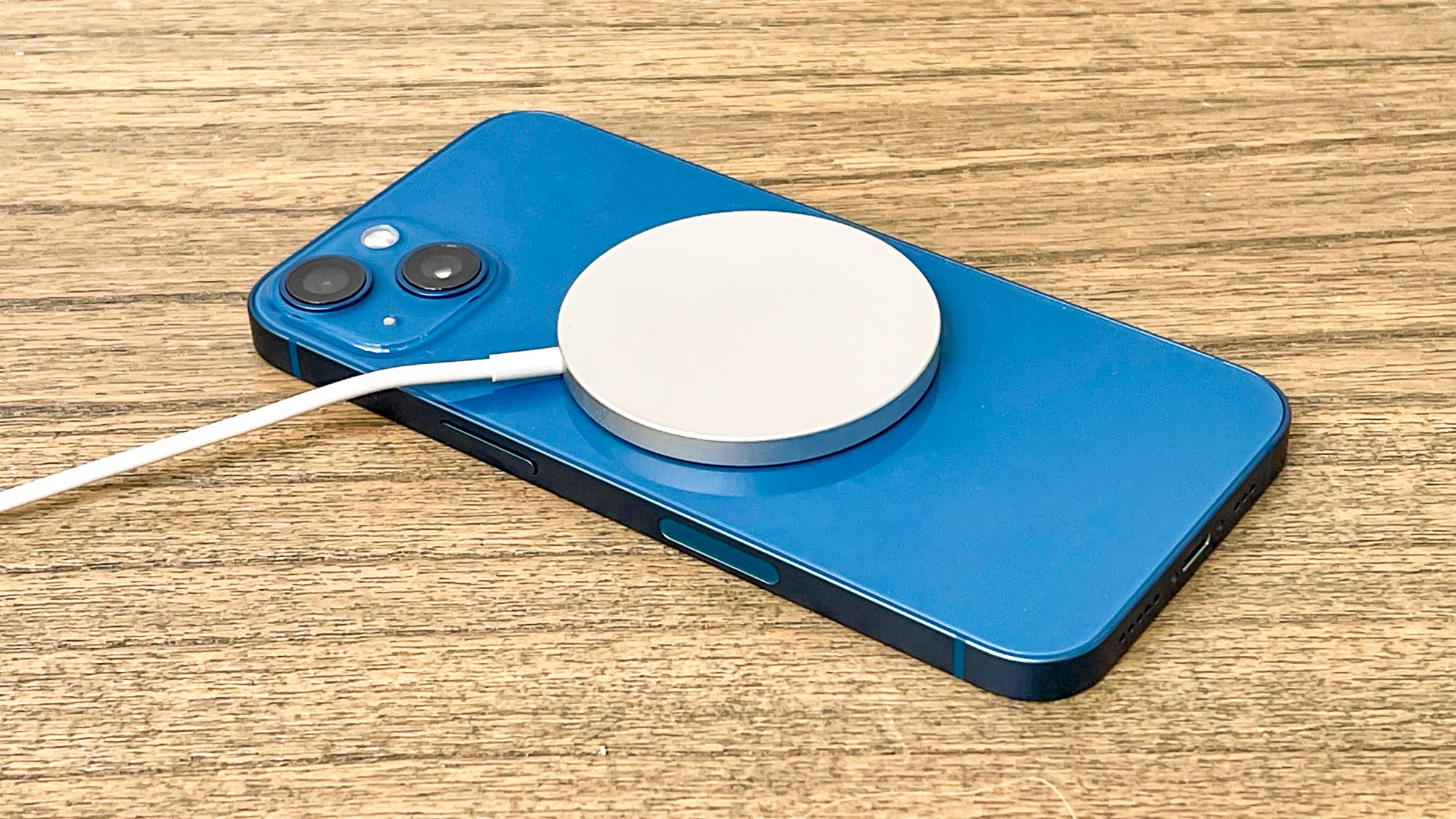
The iPhone 14 took a step back, at least in terms of its battery test result. The phone averaged a little less than 9.5 hours on our test, which is just below the 9-hour, 50-minute average we see for most smartphones. In everyday use, the iPhone 14 fares better, making it through a day on single-charge, but it's pretty clear the iPhone 13 lasts longer.
Apple's software support is pretty generous
Though it's a year old, the iPhone 13 is in no danger of losing out on the latest iOS software updates anytime soon. The phone can run iOS 16, the same software that ships on the iPhone 14, and we'd expect another four years of software support updates from Apple before the iPhone 13 can't run an up-to-date version of iOS.
The same thing goes with the iPhone 12, even though it's likely to only receive software updates through 2025. But right now iOS 16 runs perfectly on my iPhone 12, and I haven't experienced the battery drain bug that other iPhone users have complained about.
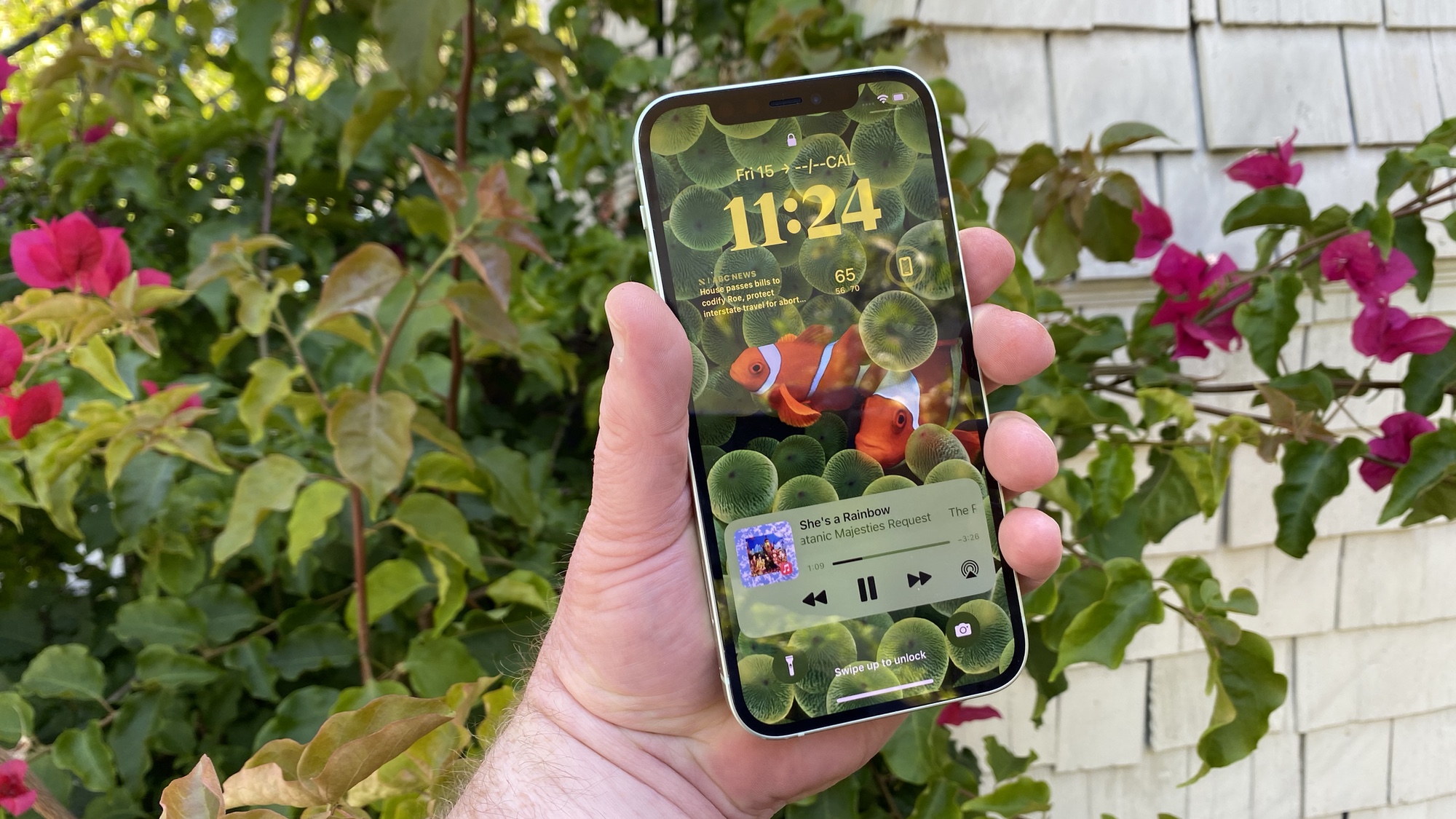
A lot of what's appealing about the iPhone comes through its software. At the moment, iPhone 13 and iPhone 12 users can customize their lock screens, lift objects out of photos to copy into other documents and capture and translate text in videos just as easily as iPhone 14 users can. The experience is the same whether you pay $599 or $799 for your new phone.
What you give up with an older iPhone
Even if you're convinced that the better battery life, extended software support and similar chipsets make a discounted iPhone 13 a better buy than the iPhone 14, there are some things you'd have to give up by spurning Apple's newer handset. The biggest one comes down to photo quality.
The cameras on the iPhone 14 have undergone some changes that help them produce sharper photos than what you'd get from previous models. Specifically, the main camera on the iPhone 14 has a larger sensor than the one the iPhone 13 uses. The aperture is faster as well, so the iPhone 14 is equipped to take better action shots as well as more striking low-light photos.
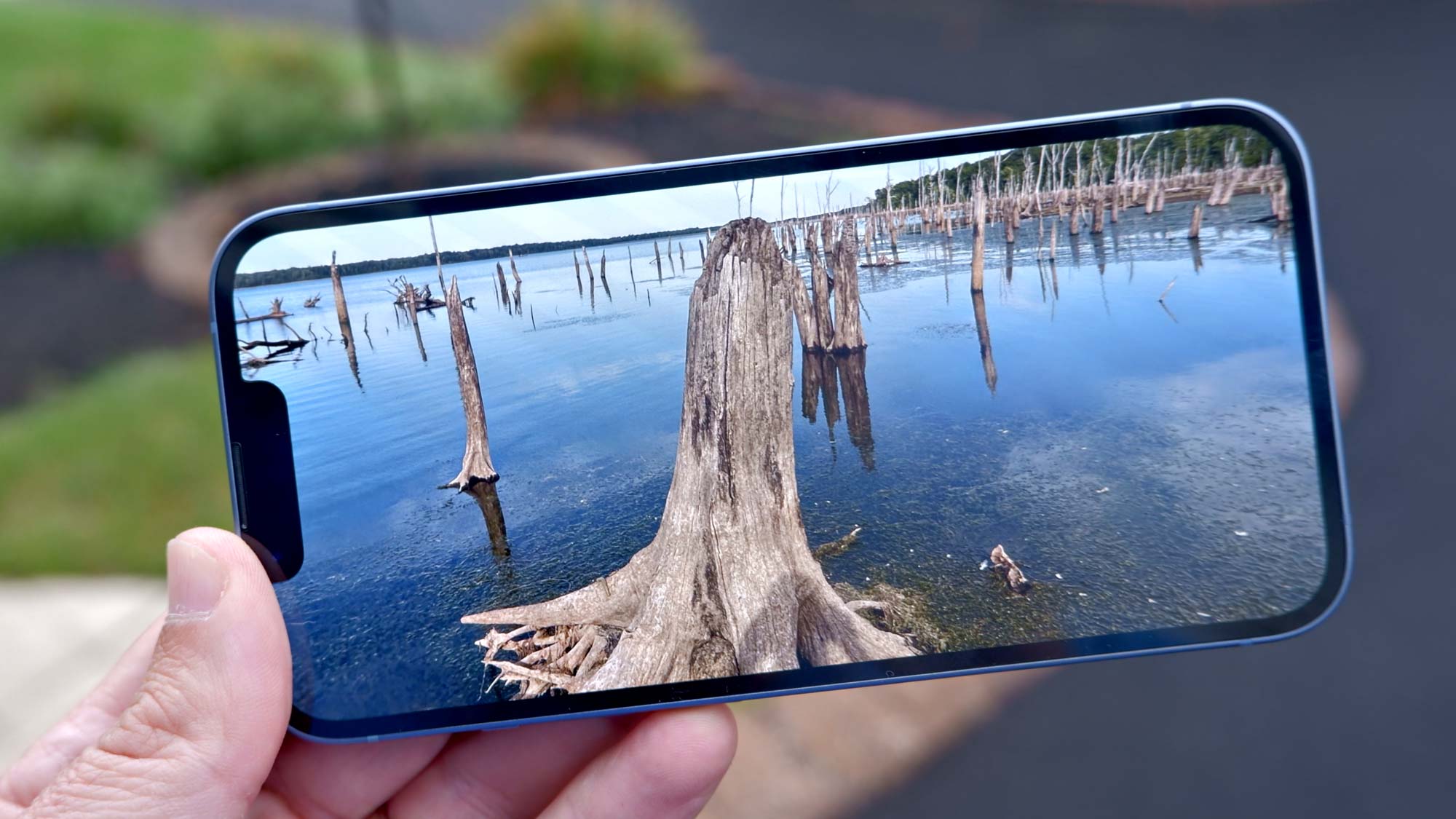
In addition, the iPhone 14's ultrawide lens captures 4x more a scene, while the front camera has a wider aperture and autofocus. A new feature called Photonic Engine optimizes texture and other details in a photo, particularly in low-light settings.
If having the very best photos is important to you, you'll want to get an iPhone 14 even if you find the phone's other features underwhelming. There's a reason we put this new Apple handset on our list of best camera phones.
Outlook: The case for the iPhone 13
It's always tempting to go for the latest and greatest hardware, and you really can't go wrong with the iPhone 14 should you opt for Apple's new phone. But if you're watching how much you spend on everything, especially technology purchases — and who isn't these days — the iPhone 13 lets you enjoy many of the same features found on the iPhone 14 for $100 less. You can save even more with the iPhone 12 if you're not as concerned about battery life.
Philip Michaels is a Managing Editor at Tom's Guide. He's been covering personal technology since 1999 and was in the building when Steve Jobs showed off the iPhone for the first time. He's been evaluating smartphones since that first iPhone debuted in 2007, and he's been following phone carriers and smartphone plans since 2015. He has strong opinions about Apple, the Oakland Athletics, old movies and proper butchery techniques. Follow him at @PhilipMichaels.
 Club Benefits
Club Benefits






